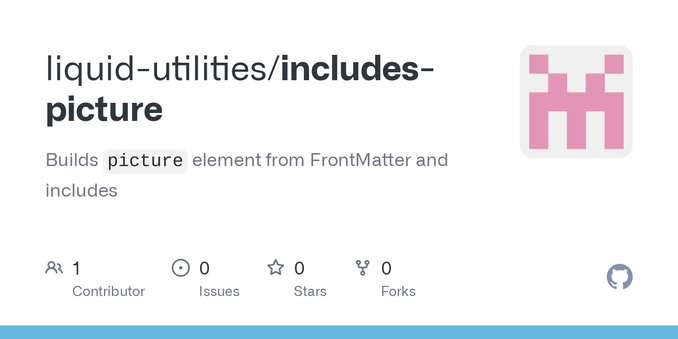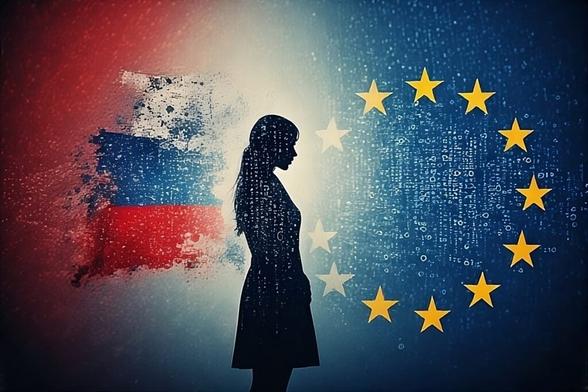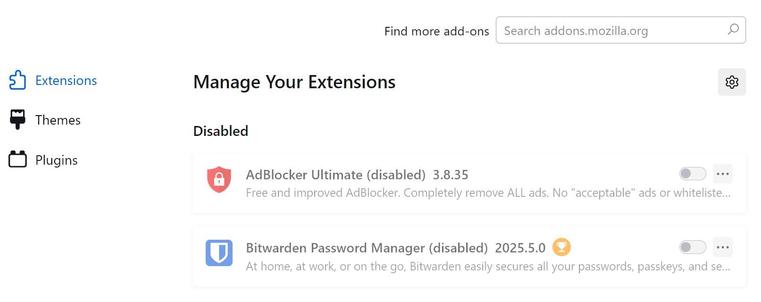I’m Aleksandra, a 32-year-old Russian now living in Europe. Back home, from a young age, I felt state control tightening every day—surveillance cameras proliferating from almost none to nearly every street corner, social-media scanners mapping our conversations, and personal data weaponized to crush anyone who dared speak out.
Walking away from my family and the only life I knew was agonizing, but in Europe I discovered the freedom to think, to question, and to connect—liberated from constant eyes and hushed whispers. Yet even here, far from the Kremlin’s reach, I’m haunted by the knowledge that technology in the wrong hands can all too easily become a tool of oppression.
My journey—from underground activism in Kurgan Oblast*, where I bypassed state propaganda in search of the truth, to building a new life in the EU—revealed a terrifying reality: digital surveillance and data manipulation are not confined to a single regime. A handful of U.S.-based tech giants dominate the platforms we use every day—social networks, messaging apps, operating systems, and cloud services. If autocrats or rogue leaders learn to exploit these global networks, none of us, anywhere, can consider ourselves safe.
*In country of the former Soviet Union, an “oblast” is an administrative division roughly equivalent to a “region” or “province” in other countries—so “Kurgan Oblast” simply means the Kurgan Region.
Worse still, Europe’s political institutions—paralyzed by lobbying, bureaucratic inertia, and inconsistent regulations—have failed to push back. Time and again, EU policymakers have green-lit Microsoft, Google, Palantir and Amazon to embed themselves in our energy grids, healthcare systems, and manufacturing plants. Each new data center or “strategic partnership” deepens our vulnerability and erodes the very idea of European digital sovereignty.
This is no distant threat. As geopolitical tensions escalate and state-sponsored hacking grows more brazen by the day, our reliance on U.S. technology leaves us exposed—politically, economically, and personally. Every email, photo, message, or document we entrust to American servers becomes a potential entry point for manipulation, censorship, or outright sabotage.
That’s why I’m raising the alarm: we must stop treating our digital lives as a mere convenience and start treating them as the frontline in a battle for our very freedoms. It’s time for us to ask—why are we so bound to Silicon Valley’s giants, and how do we break free before it’s too late?
Why Sovereignty over Software and Hardware Matters
Privacy and Data Ownership
• U.S. services routinely gather vast amounts of user data under legislation like the CLOUD Act, compelling companies to hand over information stored on their servers—even when that data belongs to non-Americans.
• When you upload your thoughts, photos, or messages to U.S.-based platforms, you lose control over how that data is mined, shared, or exploited by corporations and government agencies.Resistance to Geopolitical Pressure
• Software supply chains dominated by a single country are vulnerable: sanctions, export controls, or political disputes can instantly cut off entire populations.
• True sovereignty means having access to homegrown or regionally diversified hardware and software that cannot be remotely disabled or weaponized through back-doors.Economic Independence
• Tech royalties and subscription fees paid to U.S. companies drain capital from local economies.
• Cultivating and investing in indigenous tech ecosystems keeps talent, jobs, and revenue at home—fueling innovation and reducing reliance on external giants.Digital Security
• Centralizing so many critical systems—cloud hosting, operating systems, productivity suites—with a handful of U.S. providers makes them prime targets for large-scale cyberattacks.
• Diversifying our software and hardware suppliers, including open-source alternatives, shrinks the attack surface and empowers communities to inspect and harden their code.How to Move Away from U.S. Services and Software
Embrace Open Source & Local Alternatives
• Replace Google Workspace with a self-hosted suite such as Nextcloud.
• Swap Microsoft Windows for Linux distributions like Linux Mint or Ubuntu—many are beginner-friendly and supported by vibrant global communities but do not forget to priorise those without export control law based on US (yes i talk about you both Fedora and Opensuse (see their license for download).
• Choose web browsers (Vivaldi, Mullvad, Iridium) over Google chrome or any other chromium completly controlled by an US compagny.
• Move from Google photo and Apple photo to Ente Photo or if you self-host Immich (or self hosted Ente Photo).
• Use End-To-End encrypted service only to remove any ouce of trust in the service you use (like Tuta, Ente, Tresorit, etc).Host Data Locally or Regionally
• Use European or domestic cloud providers that comply with local privacy regulations (e.g., GDPR in Europe).
• For critical data—back up on your own server or NAS (Network Attached Storage) at home or in community-run data centers.Support Regional Hardware Makers
• Where possible, buy laptops, smartphones, or IoT devices assembled or designed by regional companies. Even if components remain global, diversifying sources helps reduce single-vendor dependencies.
• Encourage local governments and institutions to invest in home-grown hardware labs and fab-less design.Advocate and Educate
• Talk to friends, family, and colleagues about digital sovereignty. Share how easy it is today to switch core services.
• Contribute to local meetups or online forums on privacy tools, encryption, and alternative software. Community knowledge is our best defense.Conclusion
Escaping the Russian government’s digital grip led me to see how easily any population can fall under another power’s technological dominion. For those of us outside the United States, reliance on U.S.-based services might feel inevitable—but it doesn’t have to be. By prioritizing privacy-respecting, open, and locally governed technologies, we can reclaim our digital sovereignty, protect our personal data, and foster sustainable economic growth closer to home. It’s a collective journey—and one we must begin today.
https://heartshadows.vivaldi.net/28/26/from-kurgan-oblast-russia-to-eu-a-former-russian-call-for-digital-sovereignty/
#Apple #Dependency #Europe #Facebook #FOSS #GAFAM #Google #Meta #Microsoft #Privacy #Russia #Security #Software #Soverignty #Technology #USA






